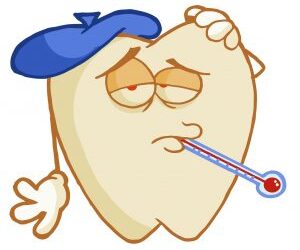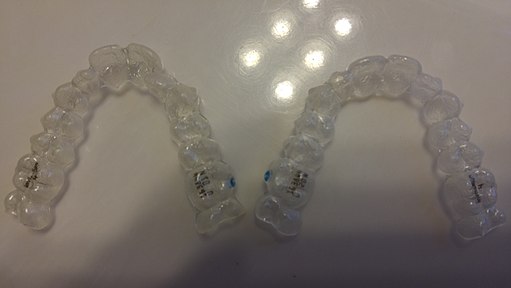
Midnight suffering caused by a painful toothache is as annoying as it sounds. Toothaches are the most common reason for an emergency visit to the Kennewick dentist’s office. Toothache can certainly make life miserable, and as prevention is better than searching for a cure, understanding the reasons that cause toothache is important, as are dental treatment options.
Reasons for Toothache
Tooth decay and cavities are the most common causes of toothache. Small cavities usually go unnoticed by patients and don’t cause any pain. Erosion of enamel keeps deepening without any treatment, and at a point, it hits the dentin layer of the tooth. Once this decay progresses to core of the tooth, pain is inevitable.
Untreated tooth decay can cause an abscess, which results in infection below the root of a tooth. Secretion from the affected area is also accompanied with that. It may or may not appear on x-rays and is often hard to diagnose but can cause very sharp pain.
The surfacing of wisdom teeth is a very common reason behind extreme toothache for many adults. A lot of times, there is not enough room inside the mouth to allow the emergence of the crown of a wisdom tooth.
A cracked or broken tooth means the nerves are exposed to bacteria. A lot of times, a cracked root is the reason behind toothache in the gum area.
It is possible to get toothache due to sinus infection as well. A dull, aching pain can happen with sinus infection, and in this case pain is often subsided after taking medicines to remedy infection.
Symptoms of a Toothache
There are some guidelines to follow regarding the symptoms of a toothache. Toothache is usually sharp and, once started, continues without any break. If there is any additional swelling in the gum or around the tooth area along with fever or headache, it is advised to visit a dentist immediately. In some cases, an infected tooth can start draining out stinky pus and can cause an alarming situation.
How to Prevent Toothache
Toothache is mostly caused by tooth decay or gum infection. You don’t have to be a genius to understand the necessity of practicing oral hygiene methods to prevent toothache from happening, but here are some tips:
- Brush twice a day, preferably in the morning after breakfast and at bed time after dinner
- Floss before bedtime to remove any particles stuck in between teeth and gum area
- Use mouth wash to get rid of micro particles that a tooth brush can’t remove
- Brush your tongue to remove dental plaque accumulated behind the back of tongue.
- Use the right toothpaste which can access the end of the mouth easily with a medium bristle to clean inside the mouth
- Use toothpaste with an appropriate fluoride amount to prevent tooth decay or erosion of enamel
- Avoid smoking or using any tobacco related products
- Limit consumption of tea, coffee, cola, and other sugary beverages
Of course, a biannual checkup of your oral health by a dentist is the ultimate prevention strategy against toothache.
- 10 Things You Need to Know About Invisalign Teen -
- Braces For Adults -
- 5 Questions about Esthetic Veneers, Answered -
- Are Dentures Right For You? -
- Endodontist vs Periodontist, and Prosthodontist: What’s the Difference? -
- The Ideal At-Home Routine for Caring for Your Teeth -
- 5 Signs It’s Time for a Dental Check-Up -
- Five Reasons Why Over-the-Counter Teeth Whiteners Are a Bad Idea -
- Tips to Conquering Dental Anxiety -
- Seven Proven Ways to Fight Halitosis -



